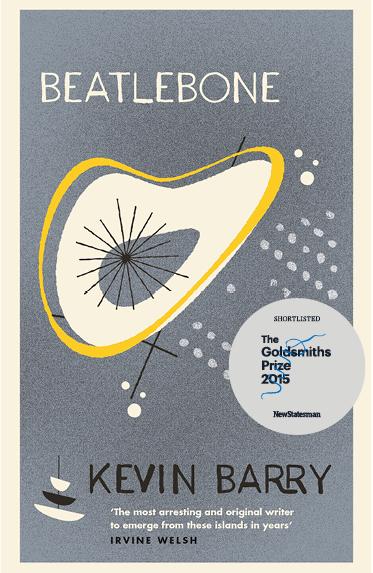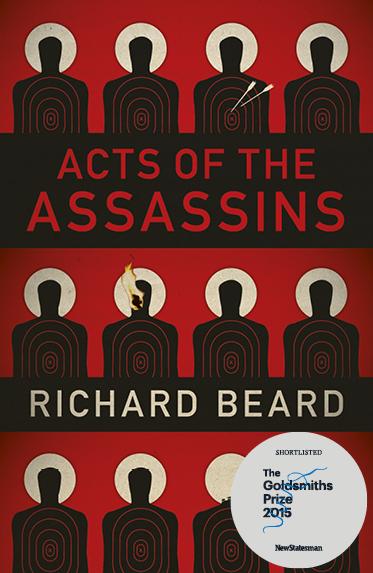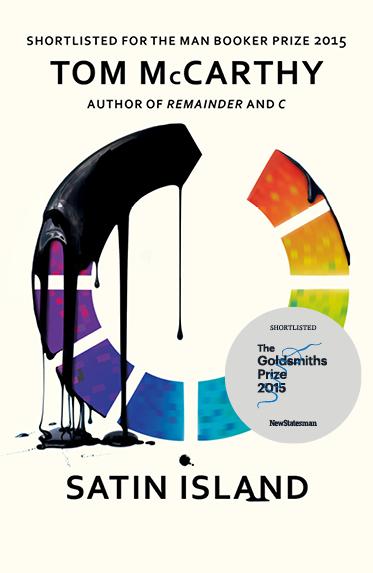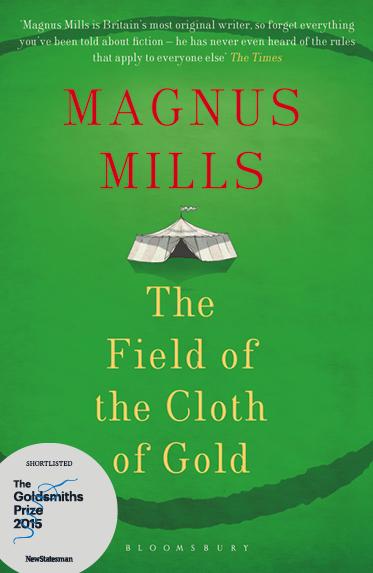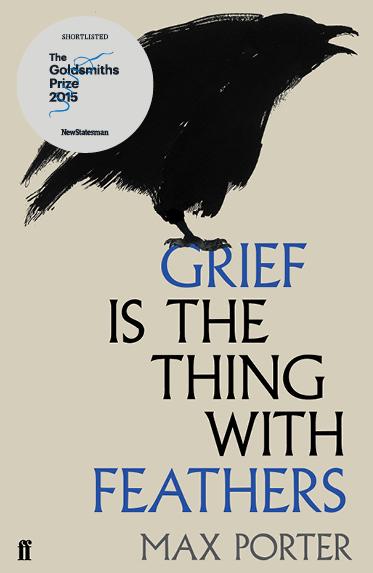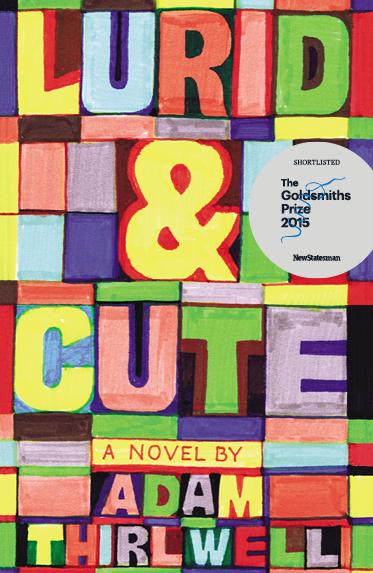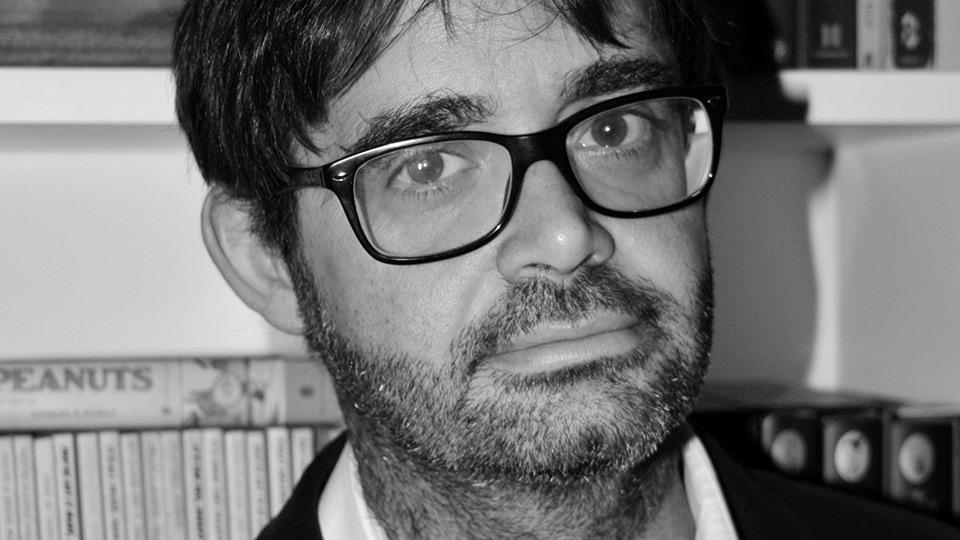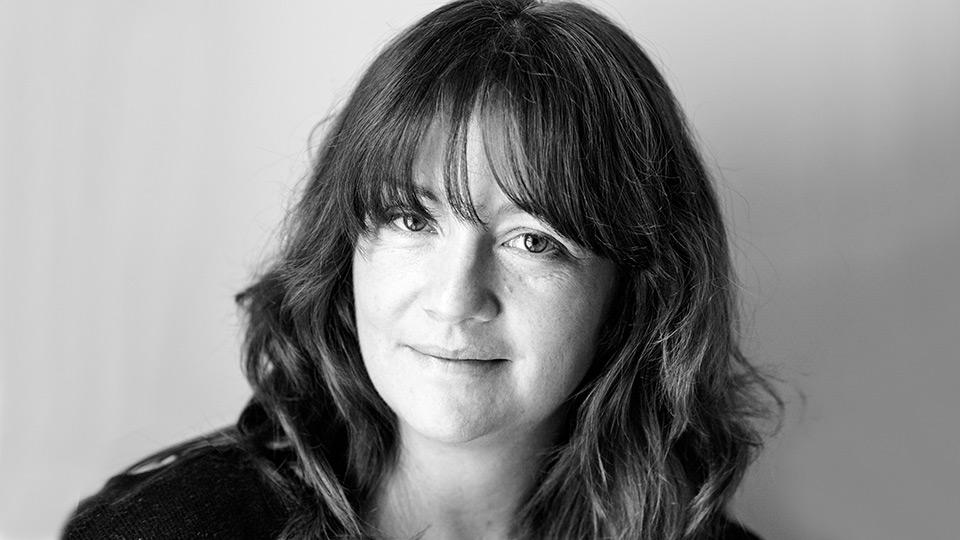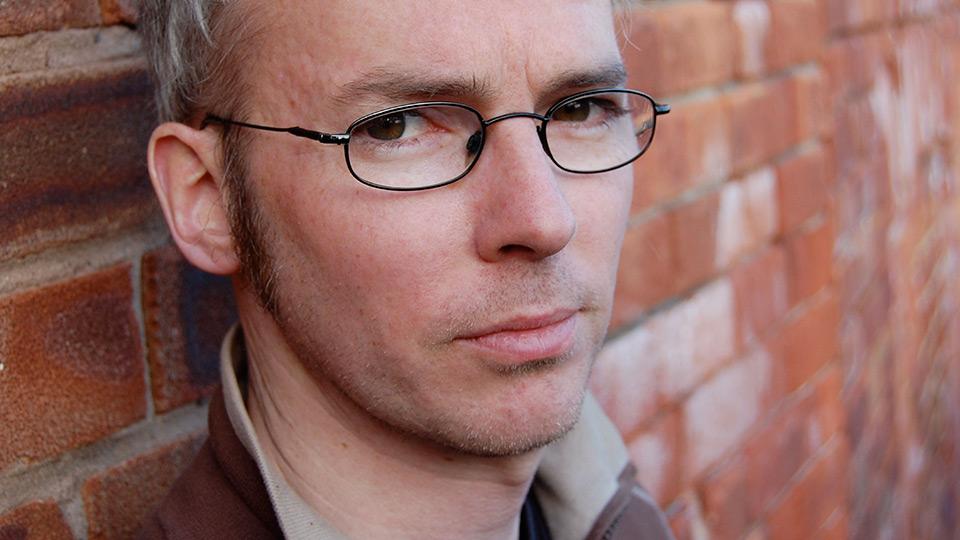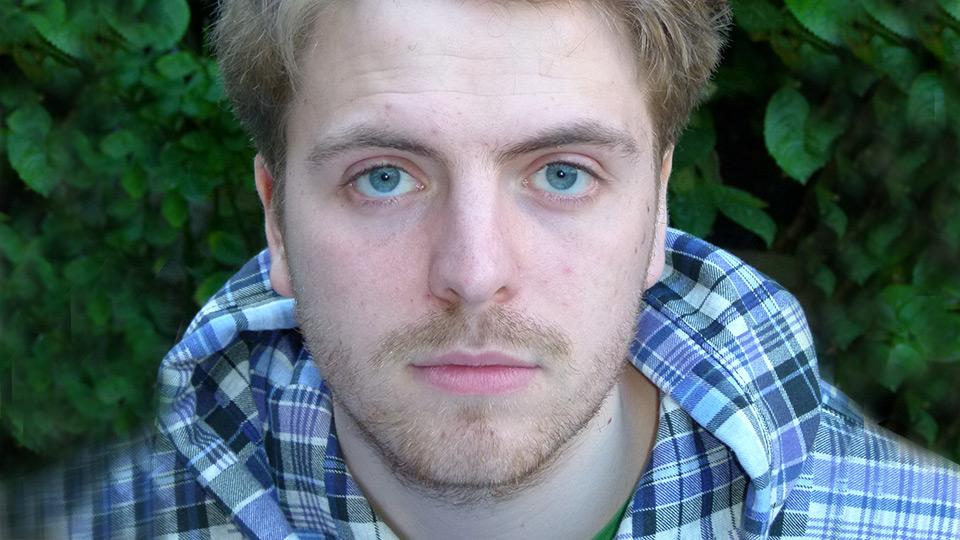The Goldsmiths Prize 2015
The Goldsmiths Prize 2015
About the shortlist
The judges of the 2015 Goldsmiths Prize present a shortlist of six novels, embodying the Prize’s spirit of creative risk and provocation. Richard Beard’s biblical thriller dizzyingly confounds ancient and modern histories, while Magnus Mills bends the timeless truths of the fable to the perplexing shape of our times. Tom McCarthy’s seductively cold anthropologist maps the darkest regions of our consumer culture, while the comically tortured speech of Adam Thirlwell’s narrator attunes us to its moral exhaustion. Kevin Barry boldly imagines the solitude and suffering of one of the last century’s great artists and pop icons, while Max Porter’s concentrated narrative of a family’s grief places a crow-shaped explosive device under the foundations of the novel. Taken together, the shortlisted books offer a fascinating tableau of contemporary fiction at the cutting edge.
Professor Josh Cohen, Chair of Judges commented: 'Now in its third year, the Goldsmiths Prize continues to demonstrate how greatly exaggerated are those hoary old rumours of the novel’s impending death. Having enjoyed a long and robust discussion of the different ways today’s novelists are challenging, breaking and remaking the rules of their own form, we’re delighted to present this shortlist of audacious and original books. If there’s a red thread running through these fascinatingly diverse novels, it’s a very contemporary concern with life at its furthest edges. We hope to see the shortlist provoke much curiosity and argument among many readers about the possibilities of fiction today.'
Tom Gatti, Culture Editor of the New Statesman added: 'The Goldsmiths Prize shortlist has become an essential annual reading list for anyone interested in ambitious fiction. The New Statesman is delighted to continue its partnership with a prize that, in its third year, is already setting the literary agenda.'
The judges on the shortlist
Eimear McBride on Beatlebone
John Lennon wants to visit his island off the west coast of Ireland but events conspire against him and, upon this small idea, a universe is built. Stylistically adventurous and utterly inimitable, Beatlebone is a book about the strange and the wonderful, time and place. But at its beating heart is the personal struggle within the struggle for art and by skill, wit and the sheer force of his linguistic will, Barry creates a great work of one himself.
Jon McGregor on Acts of the Assassins
The epigraph to Acts of the Assassins refers, in a quote from the New Testament, to one day being ‘as a thousand years, and a thousand years as one day.’ Richard Beard thrillingly enacts this visionary telescoping of time as he leads us on a hunt for the body of Jesus; we are at once in an age of Roman empire and vlogs, smartphones and shepherds, martyrs who are crucified upside down even as the tourists visit the historical sites of their martyrdom. Structurally daring and unfashionably theological, this novel takes a circular saw to received ideas about belief, fate, will, and storytelling. It’s also very funny, when it’s not gruesome.
Leo Robson on Satin Island
Tom McCarthy's thrillingly inventive novel, his first since "C",seems to achieve the impossible: it draws humour from bone-dry material, and achieves moments of great beauty without acknowledging the existence of humanism, or love, or the soul, or even consciousness, except as something handy for registering oil spills, traffic jams, and parachutes that fail. Unfolding over numbered paragraphs--from 1.1 to 14.2--the novel concerns U., an anthropologist working on a Great Project for the Company. U. doesn't have much of a life--he goes from well-paid if not exactly task-driven work by day to meaningless sex by night--but McCarthy gets exactly what he needs from him. The result, eerie and utterly single-minded, suggests new possibilities for the corporate satire, the comic monologue, and the novel of ideas, while inventing a genre all its own.
Jon McGregor on The Field of the Cloth of Gold
A man arrives at a great field and makes camp. Others have been before him; others will follow. There will be quietly-argued disputes over precedence and territory, some of which will be settled by the sharing of biscuits. Written with a wonderful spareness and a brutally deadpan humour, The Field of the Cloth of Gold is an allegory of settlement, conquest, and empire, and of the very English art of passive-aggression. Fashioning another of his unique visions from a familiar landscape, Magnus Mills appears to be no less than a prophet of our own history.
Eimear McBride on Grief is the Thing with Feathers
In a quiet flat in London two little boys are left motherless and their Ted Hughes scholar father, bereft. This is a beautifully rendered and deeply moving meditation on bereavement, love and life in its aftermath. Along with the chancer Crow playing guide, spur and nurse, Porter’s own delicate games with form ensure Grief is the Thing with Feathers succeeds in becoming that rarest of birds, the truly poetic novel.
Josh Cohen on Lurid & Cute
All the elements of a sleazy noir are in place: a panicked awakening beside a naked, apparently lifeless female body, a spree of armed robberies, a deracinated urban landscape of empty, moneyed debauchery. But instead of the easy gratifications of pacey action and sardonic quips, Lurid & Cute is taken over by the anxious, self-justifying digressions of the brattish man-child, at once ludicrous and oddly profound, who narrates it. The result is a brilliantly sustained stylistic tour de force, a horrifyingly funny novel whose garish estrangements of our language and world give them back to us in sharp and terrible focus.
Events 2015
Contemporary writers discussing the art of fiction. The Goldsmiths Writers' Centre in association with the New Statesman presents:
| Readings from the 2015 shortlist | 21 October 2015 |
| Will Self | 11 March 2015 |
| Adam Thirlwell | 25 February 2015 |
| Ali Smith | 28 January 2015 |
